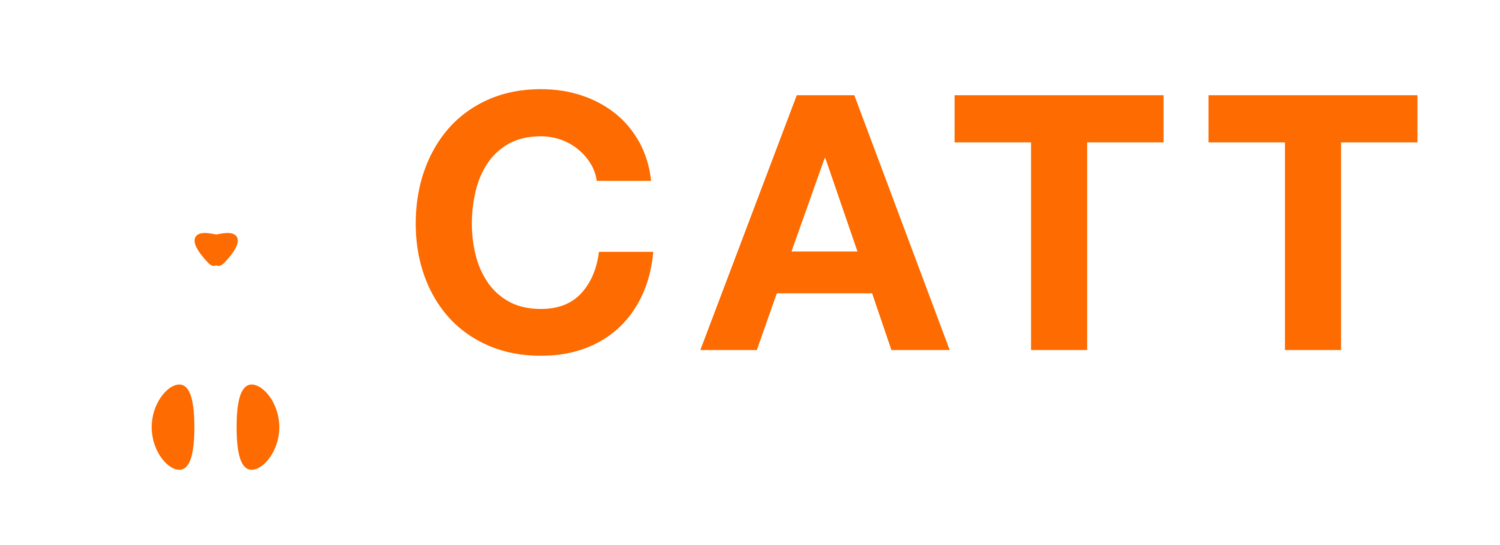What to Expect at Your Cat’s First Appointment
Your cat’s journey to better health starts with a calm, well-prepared first appointment.
Curious about what to expect at your cat’s first appointment for hyperthyroidism?
If you’re a cat parent navigating this for the first time, you’re in the right place.
This visit is the first of two appointments designed to set your cat up for successful I-131 treatment. With the right prep and a calm morning drop-off, you’ll be helping your cat take a huge step toward better health.
At CATT, we walk you through every step with care. From fasting instructions to how we assess your cat’s health, our process is gentle, thorough, and focused on giving your cat the best possible outcome.
This Blog Covers:
What to do the week before your appointment
What to bring and how to prep
What tests we’ll perform and why they matter
Whether you're planning ahead or already booked, here's everything you need to know.
Preparing for the First Appointment
This appointment is all about planning—not treatment. The goal is to gather the information we need to determine the exact I-131 dose for your cat. Here’s how to prepare:
Stop Medications One Week Before
If your cat is currently on methimazole (Tapazole), you’ll need to stop giving it at least seven days before this appointment. This allows us to get a true read on your cat’s thyroid levels without interference.
If you're unsure how to safely taper or stop medication, give us a call—we're happy to help walk you through it.
Fasting the Night Before
No food after 10:00 PM the night before the appointment. Water is perfectly fine (and encouraged) to help them stay hydrated.
This fasting step ensures our tests are as accurate as possible, particularly for imaging and lab work.
Appointment Timing
Your appointment will be scheduled for a Tuesday or Wednesday morning.
Drop-off is at 8:30 AM. Your cat will be ready to go home at 12:00 PM the same day.
A non-refundable deposit is due when you book.
Need to reschedule? A small fee applies—please give us a heads-up as early as you can.
For Nervous Cats
If your cat typically gets anxious at the vet, you can give gabapentin at home at least two hours before drop-off. This medication helps reduce stress so your cat stays calm and relaxed. Your vet can provide the appropriate dose.
What Happens During the First Appointment
Once your cat is settled in, we’ll gently sedate them and begin the diagnostic process. All of this is done with their comfort and safety in mind.
Here’s what we do:
Bloodwork: We recheck your cat’s Total T4 levels and screen for other health markers.
Urinalysis: This helps assess kidney function, which is important when determining the best course of treatment.
Ultrasound Imaging: We capture detailed images of the thyroid glands, checking size, structure, and any unusual features.
Technetium-99 Scan: A small injection under the skin allows us to visualize the thyroid activity and rule out signs of thyroid cancer. This radioactive material leaves your cat’s body quickly and safely.
After the appointment, our internal medicine specialist and radiologist will review the results and work together to determine your cat’s ideal I-131 dose.
What Happens Next?
Once we’ve reviewed all diagnostic information, we’ll call you to schedule the second appointment, when your cat will receive the I-131 treatment and stay with us for a short period. You’ll receive more details at that time—including what to pack and what to expect during their stay.
Get Your Questions Answered
Still have questions about what comes next? Our short videos and helpful tips make the process easier to understand—because when you feel confident, your cat can feel more at ease too.

